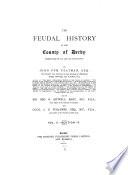
Trouver votre ebook...

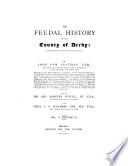
The Feudal History of the County of Derby; (chiefly During the 11th, 12th, and 13th Centuries).
Auteure: John Pym Yeatman
Nombre de pages: 594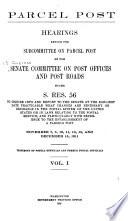
Parcel Post
Auteure: United States. Congress. Senate. Committee On Post Offices And Post Roads
Nombre de pages: 1328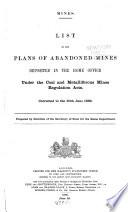
List of the Plans of Abandoned Mines Deposited in the Home Office Under the Coal & Metalliferous Mines Regulation Acts
Auteure: Great Britain. Home Office
Nombre de pages: 80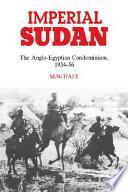
Imperial Sudan
Auteure: M. W. Daly
Nombre de pages: 494Imperial Sudan completes a study of the formative colonial period during which Britain and Egypt ruled the country. The previous volume, the acclaimed Empire on the Nile: The Anglo-Egyptian Sudan, 1898-1934, appeared in 1986. The current book takes the narrative to independence in 1956 and thus, with Empire, constitutes the first comprehensive survey of the political and economic history of the Anglo-Egyptian Sudan. Dr Daly examines the structure of the colonial regime, its role in Anglo-Egyptian relations, and the development of Sudanese nationalist politics during the inter-war years. He surveys economic and social developments, including government finance and development policy, transport and communications, agricultural production, and social services. He reveals the Sudan's important role in the Second World War, when the Sudan Defence Force held back Italian invasion. The complicated path to self-government and self-determination, which culminated in independence in 1956, is explained in great detail. The book ends with the transfer of power, and the author reflects on the legacy of the Condominium.
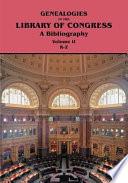
Genealogies in the Library of Congress
Auteure: Marion J. Kaminkow
Nombre de pages: 978Vol 1 905p Vol 2 961p.

Reproductive and Developmental Toxicology
Auteure: Kenneth S . Korach
Nombre de pages: 748This timely resource offers extensive discussions on the pharmacological, environmental,endocrinological, and natural factors that alter reproductive or developmental processes-elucidating the effects of toxicants on mechanisms of reproduction. Describing biological actions common to both genders as well as gender-specific processes, Reproducti
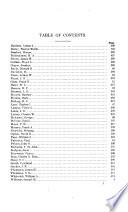
Newsprint Paper Industry
Auteure: United States. Congress. Senate. Committee On Manufactures
Nombre de pages: 538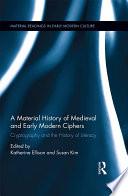
A Material History of Medieval and Early Modern Ciphers
Auteure: Katherine Ellison , Susan Kim
Nombre de pages: 298The first cultural history of early modern cryptography, this collection brings together scholars in history, literature, music, the arts, mathematics, and computer science who study ciphering and deciphering from new materialist, media studies, cognitive studies, disability studies, and other theoretical perspectives. Essays analyze the material forms of ciphering as windows into the cultures of orality, manuscript, print, and publishing, revealing that early modern ciphering, and the complex history that preceded it in the medieval period, not only influenced political and military history but also played a central role in the emergence of the capitalist media state in the West, in religious reformation, and in the scientific revolution. Ciphered communication, whether in etched stone and bone, in musical notae, runic symbols, polyalphabetic substitution, algebraic equations, graphic typographies, or literary metaphors, took place in contested social spaces and offered a means of expression during times of political, economic, and personal upheaval. Ciphering shaped the early history of linguistics as a discipline, and it bridged theological and scientific rhetoric before and...
Plus d'informations